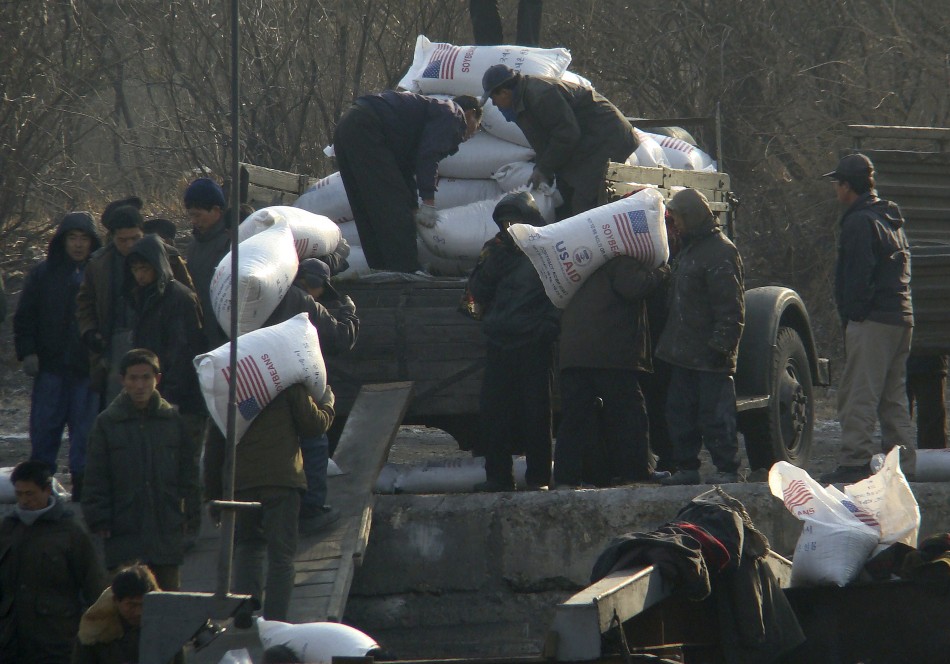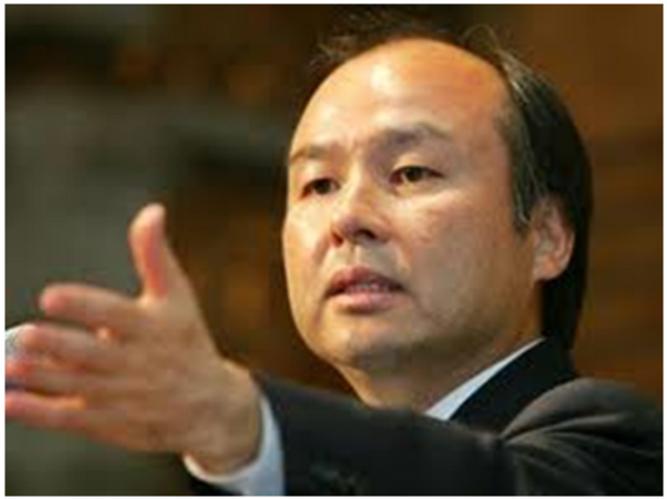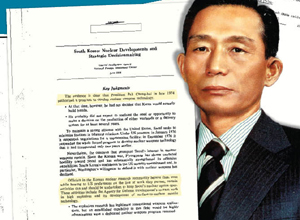Daily Report Archives
Established in December 1993, the Nautilus Institute’s *N*ortheast *A*sia *P*eace and *S*ecurity *N*etwork (NAPSNet) Daily Report served thousands of readers in more than forty countries, including policy makers, diplomats, aid organizations, scholars, donors, activists, students, and journalists.
The NAPSNet Daily Report aimed to serve a community of practitioners engaged in solving the complex security and sustainability issues in the region, especially those posed by the DPRK’s nuclear weapons program and the threat of nuclear war in the region. It was distributed by email rom 1993-1997, and went on-line in December 1997, which is when the archive on this site begins. The format at that time can be seen here.
However, for multiple reasons—the rise of instantaneous news services, the evolution of the North Korea and nuclear issues, the increasing demand for specialized and synthetic analysis of these and related issues, and the decline in donor support for NAPSNet—the Institute stopped producing the Daily Report news summary service as of December 17, 2010.

Nicholas Eberstadt, Henry Wendt Chair in Political Economy, American Enterprise Institute, and Senior Adviser, National Bureau of Asian Research, argues against providing humanitarian aid to the DPRK without strict international oversight. Instead Eberstadt proposes what he terms ‘intrusive aid’, which would require North Korea to comply with independent data collection and distribution of food aid. He writes, “The program of intrusive aid would be indivisible and non-negotiable…If Pyongyang agreed, the aid program would go forward. Otherwise the mission is scrapped — because Pyongyang refused to accept the conditions under which genuine humanitarian aid might have worked.”
Go to the article

Young-yoon Kim, Senior Research Fellow at the Korea Institute for National Unification, analyzes whether or not South Korea should provide humanitarian aid to the DPRK, given the nature of the North Korean regime and problems with transparency. Kim concludes that the ROK should extend aid, arguing that “the South Korean government nor the international community can afford to ignore this serious humanitarian crisis, not only for the sake of good neighborliness and brotherhood, but also for the sake of international obligations and prestige.”
Read a response to this article here.
Go to the article
Bruce E. Bechtol Jr., an Associate Professor of Political Science at Angelo State University, provides this review of North Korea’s nuclear weapons capabilities, which reveals a two-track agenda consisting of both a plutonium (proven) and a highly enriched uranium (likely) program. Scenarios involving both of these programs show that North Korea—despite rather primitive capabilities—can deliver a nuclear weapon that would cause casualties in the tens of thousands. Bechtol states, “While a preemptive strike may seem like the obvious answer to a nuclear attack, North Korea’s ability to strike back with non-nuclear forces would likely mean a full-scale conflict possibly involving hundreds of thousands of casualties. High-level officials in Washington and Seoul have placed renewed focus on planning for nuclear scenarios on the Korean peninsula—but the bottom line is that preventing and deterring a North Korean nuclear attack must be a high priority.”
Go to the article
Korea Peace Forum, a non-governmental forum that seeks to build peace in the Korean Peninsula, writes “it is now time to gather our power and wisdom to develop the six-party talks into an opportunity for co-prosperity and peace, not only on the Korean Peninsula, but also in Northeast Asia. We should not forget that this is one of the most important historical issues to be solved by the new South Korean government in 2013.”
Go to the article

Son Masayoshi, Softbank Chairman and CEO, writes “It is known that land salinized by the tsunami cannot be cultivated for the next decade. How much money would it take to “recover” such farmland and create taller embankments? What future do we see there? Can the government instead take the lead in creating an “East Japan Solar Belt” as an area for producing new energy for the future? Ports of the past could gain new life as ports of solar and wind energy.”
Go to the article

Peter Hayes and Chung-in Moon analyze Park Chung Hee’s failed
1972-1978 proliferation strategy aimed at obtaining the missile, dual
use technology, and fissile material needed to develop a nuclear bomb
and establish a South Korean nuclear weapons program. The authors review
the declassified document, South Korea: Nuclear Developments and Strategic Decisionmaking,
issued in June 1978 by the CIA’s National Foreign Assessment Center.
In addition to providing useful historical insights into Park’s actions
and intentions, the 1978 report bears directly on current debates on
how to respond to the North Korean nuclear breakout, and whether South
Korea should respond in kind.
Go to the article





